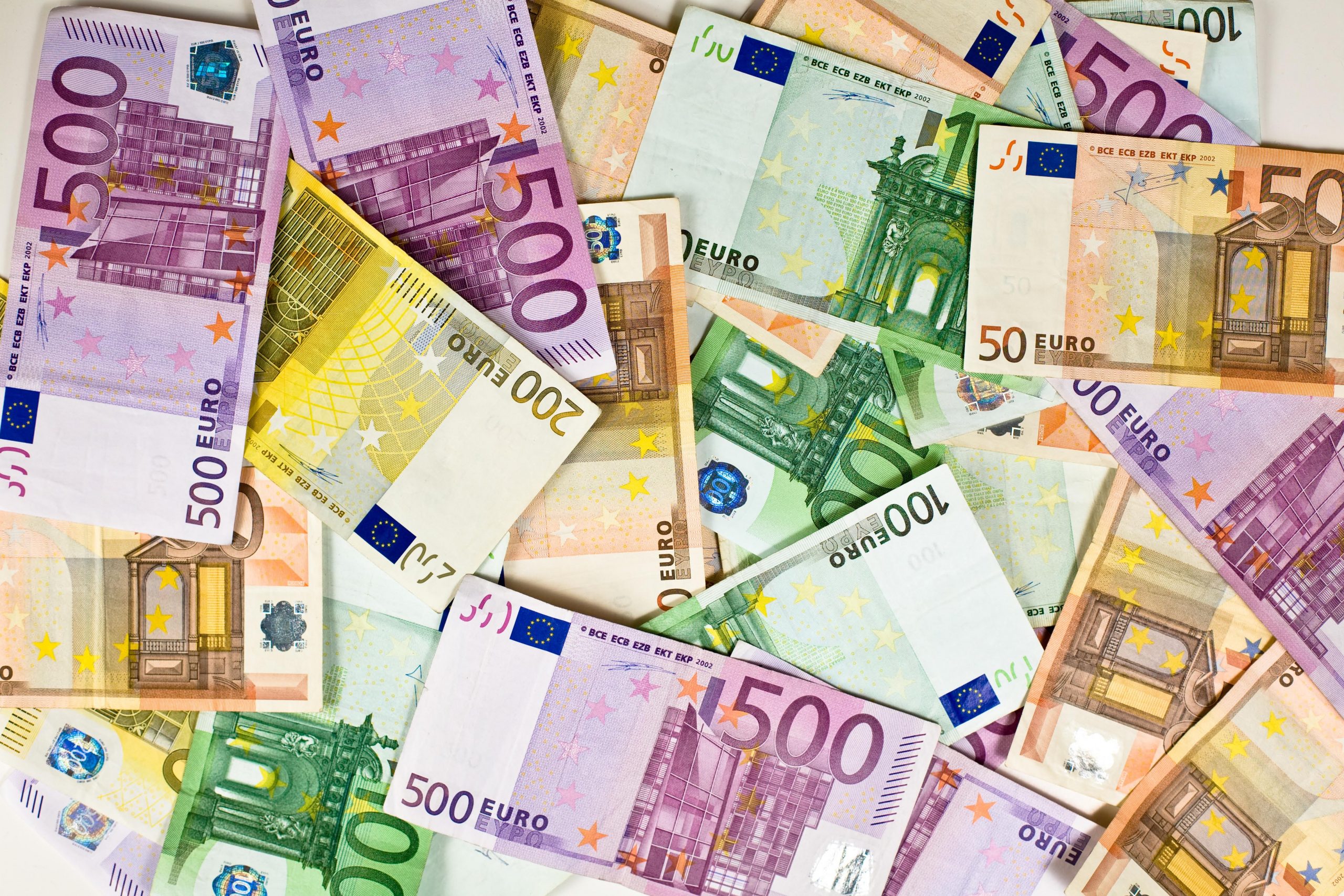Euroland counterfeiting parlors
More and more counterfeit money is being produced and distributed with the help of the Internet. There are cases where perpetrators handle all steps, from ordering the holograms to printing the bills and distributing the counterfeit bills, via the darknet. This is according to the latest situation report on counterfeit money crime published by the Federal Criminal Police Office in Germany.

When the Bavarian State Office of Criminal Investigation had an illegal print shop for the production of 50-euro banknotes raided in February 2016, investigators found extensive production materials and copy templates from the Internet; not only did counterfeit euro banknotes come to light, but also almost 3,000 adhesive holograms from China. According to the Federal Criminal Police Office (BKA), the two 21- and 23-year-olds sold the counterfeits via the darknet - the buyers paid with digital currencies. According to the report, police became aware of the perpetrators because remnants of 50-euro bills were found in trash bags from the garage, which turned out to be a counterfeiting workshop. According to the BKA, investigators discovered evidence of around 200 customers from Germany, Austria, Switzerland and the Netherlands. The example shows that equipment is available via illegal marketplaces on the Internet that also enables smaller groups or individual perpetrators to produce and distribute counterfeit notes with simple means. The tools for producing counterfeit money are now easily accessible, and specialized knowledge is not necessary. This means that counterfeit money is now also increasingly being produced in Germany and distributed internationally, according to the current report on counterfeit crime. Increasingly, law enforcement agencies are identifying younger perpetrators who are characterized above all by their affinity for the Internet.
Italy leads statistics
The euro banknotes confiscated in Germany in 2016 were predominantly internationally distributed counterfeits, mainly from Italy, according to the Federal Criminal Police Office. These high-quality so-called "Napoli counterfeits" were produced in the greater Naples area and distributed conventionally, for example via courier drivers. In the 2016 reporting year, the European Central Bank registered a total of around 1.98 million counterfeit banknotes. Around one-third of the counterfeits had been detected in payment transactions. According to findings of the German police, very good counterfeit notes appearing throughout Europe are often used in private sales - the goods (cars, smartphones, more expensive watches, etc.) are paid for in cash, i.e. with counterfeit notes. Italy dominates - the most counterfeit euro notes were registered there in 2016 in the EU member states (around 65% of all counterfeits, around 1.28 million notes). Behind it is France with "only" around 218000 counterfeit bills (11%), followed by Spain (6%) and Germany (5.5%).
Counterfeiters react quickly
In July 2016, investigators seized seven million euros in counterfeit money in a suburb of Naples. In addition to 50- and 100-euro notes, 20-euro counterfeits of the new Europa series were also detected. Although these copies were still of average quality, this example shows that despite improved security features, counterfeiters manage to adapt to the new requirements and acquire suitable components for counterfeit production in a very short time, according to the report. In addition, Bulgarian criminal groups in particular stand out, the Federal Criminal Police Office further writes. Their euro notes are often of high quality and sometimes very difficult to detect, it said. In April 2016, Bulgarian investigators busted a counterfeit printing plant that produced 100-euro counterfeits. On these counterfeits, he said, the security features were so well imitated that even electronic testing equipment could not detect the counterfeits beyond doubt. "I assume that counterfeit crime will remain a field of activity for criminal organizations in the future due to the stability of the euro," said BKA President Holger Münch. rs/ots









